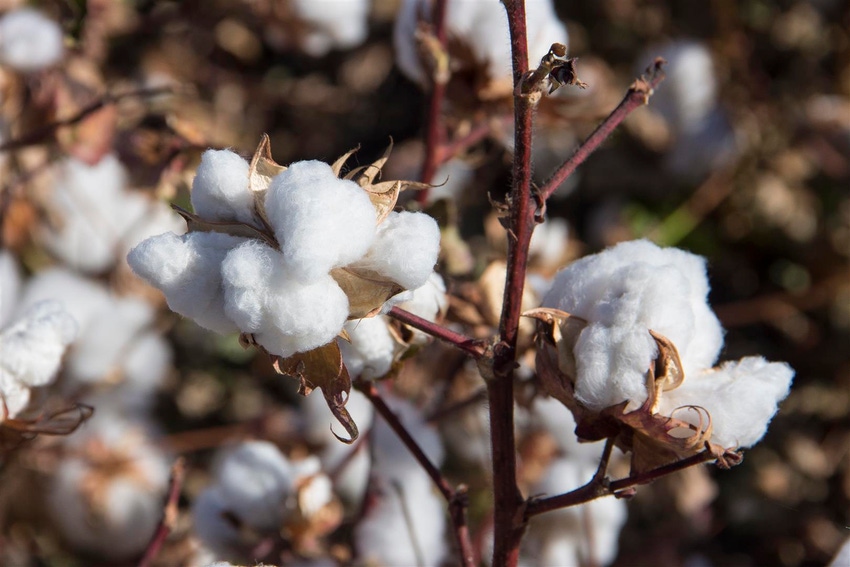
A significant accomplishment has been made in the sequencing of the cotton genome.
Efforts by a Texas Tech research team in collaboration with Bayer CropScience and the National Center for Genome Resources (NGCR) were announced recently with the public release of the draft sequence of G. arboretum.
The annotated draft genome assembly being released is from Gossypium arboreum. This species is an extant representative of the cotton A-genome lineage, which is paired with the D-genome lineage that makes up present day cultivated cottons. The A-genome species gave rise to spinnable fiber, eventually leading to what is today the modern-day textile industry.
This approach to unravel the genetic mystery of this African/Asian cotton species was led by Thea Wilkins, former professor of cotton genomics in Texas Tech’s Department of Plant and Soil Sciences.
Wilkins worked in close collaboration with scientists at Bayer CropScience and next-generation genomic sequencing technology and biocomputing providers, KeyGene and NCGR. This team’s delivery of the annotated draft genome sequence is expected to accelerate research efforts to improve cotton.
“This information will significantly advance cotton research worldwide,” said Mike Galyean, Dean of Texas Tech’s College of Agricultural Sciences and Natural Resources. “The genome sequence will eventually lead to improved cotton varieties containing environmentally friendly traits, which are preferred by producers, processors, manufacturers, and consumers.”
Cotton production contributes substantially to economies around the globe. Collaborative research projects such as this will help to increase that contribution.
Don Jones, director of agricultural research at Cotton Incorporated, said this sequence knowledge is another tool for improving commercial cotton.
“This accomplishment is another cornerstone in understanding the biology that leads to higher yield, improved fiber quality, and better stress tolerance while reducing inputs used in producing the crop,” Jones said.
About the Author(s)
You May Also Like






